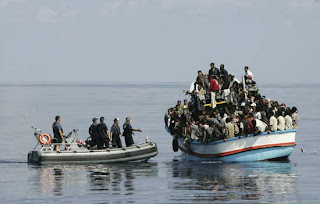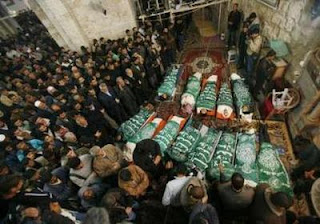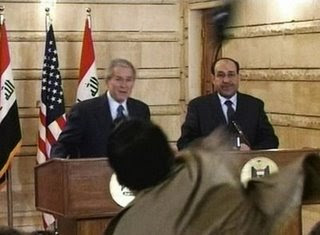
Yesterday, we started shooting our Documentary that mainly focuses on “The Foul carts in Egypt”. It was a horrible day, not because of the project it self or the shooting, but because of the way people dealt with us.
Most of the people we encountered were really tough and for the most part were not found to be helpful or supportive at all. Once the cart owners saw the cameras in our hands, they ignored listening to our directions, or what their roles were, nor did they try to understand what it was that we wanted to shoot, and why were shooting (university project).
Although we had started shooting yesterday, this was not our first time searching for the carts we wanted to shoot. It was quite a daunting and difficult task just trying to get anyone to agree to be filmed, or cooperate with what we were trying to accomplish. We were not merely interested in filming just the carts, but rather a day in the life of a cart, its owner, and the patrons of the cart. This was meant to be a vignette filmed to highlight an early morning ritual for thousands of Cairo’s residents.
This was meant to be a project in which we were to interact with members of our society, a project in which different walks of life would exchange thoughts and opinions. Instead, it turned into the longest 24 hours of life, a full day in which everyone we encountered was both disrespectful and inconsiderate….3amar ya masr.
Most of the people we encountered were really tough and for the most part were not found to be helpful or supportive at all. Once the cart owners saw the cameras in our hands, they ignored listening to our directions, or what their roles were, nor did they try to understand what it was that we wanted to shoot, and why were shooting (university project).
Although we had started shooting yesterday, this was not our first time searching for the carts we wanted to shoot. It was quite a daunting and difficult task just trying to get anyone to agree to be filmed, or cooperate with what we were trying to accomplish. We were not merely interested in filming just the carts, but rather a day in the life of a cart, its owner, and the patrons of the cart. This was meant to be a vignette filmed to highlight an early morning ritual for thousands of Cairo’s residents.
This was meant to be a project in which we were to interact with members of our society, a project in which different walks of life would exchange thoughts and opinions. Instead, it turned into the longest 24 hours of life, a full day in which everyone we encountered was both disrespectful and inconsiderate….3amar ya masr.





















